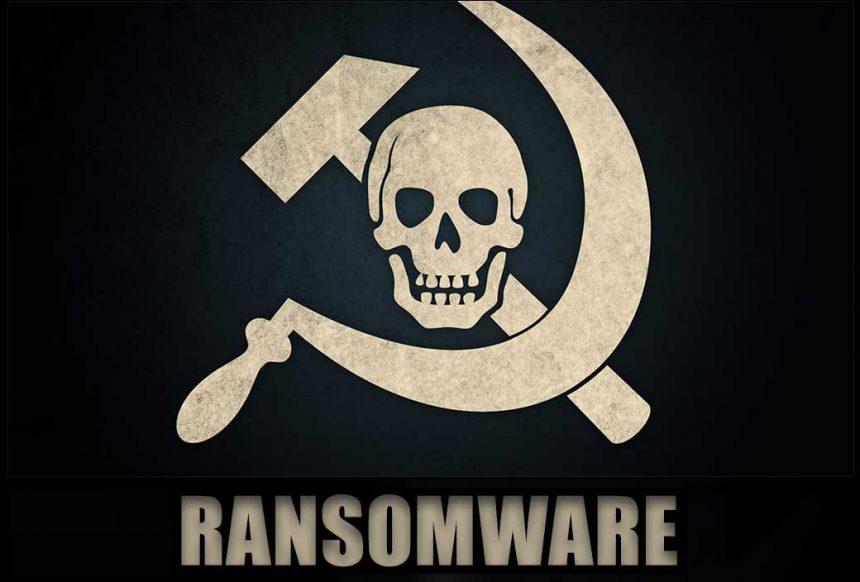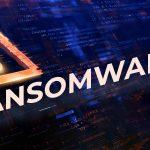Mosk Ransomware Joins the STOP/Djvu Family
Mosk Ransomware is another infection that comes from the STOP/Djvu Ransomware family. Like its predecessors, it was discovered locking files and demanding a ransom fee to restore file access. If you tend to install applications from misleading or potentially unreliable third-party sites, you may end up exposing yourself to threats like Mosk Ransomware.
Mosk Ransomware can corrupt and encrypt multiple file types, including photos, music, documents, and videos. Mosk Ransomware, upon installation, appends the .Mosk file extension to encrypted files and leaves the !README!.txt ransom note on the user’s desktop and in every folder containing encrypted files.
Unfortunately, the Mosk Ransomware victims do not have access to a free decryption tool at the moment. The only reliable way to recover affected files is to restore them from a backup or use alternative data recovery options.
Mosk Ransomware employs the AES-256 encryption algorithm, and the hackers communicate with victims via the emails helpmanager@airmail.cc or helpteam@mail.cc. They will offer to decrypt one file for free to prove that they can offer file decryption.
Although the hackers behind Mosk Ransomware promise to provide a decryptor in exchange for payment, it is very likely that you may pay and never receive the decryption tool with the key.
In terms of distribution, Mosk Ransomware spreads similarly to many other ransomware variants. It generally comes via malicious spam email attachments or unreliable third-party websites. Once it accesses the targeted system, the ransomware encrypts the user’s important files and then demands a ransom in exchange for the decryption key. The cost of decryption is $980, but the hackers will offer a 50% discount if the user contacts them within the first 72 hours after infection.
How Do I Remove Mosk Ransomware?
To remove Mosk Ransomware, you should have a reputable malware remediation tool installed on your computer. That way, you can scan for and remove elements associated with this troublesome ransomware infection. To protect your files from similar infections in the future, you should consider backing them up on an external hard drive or a cloud service.





